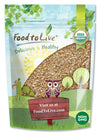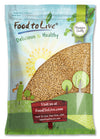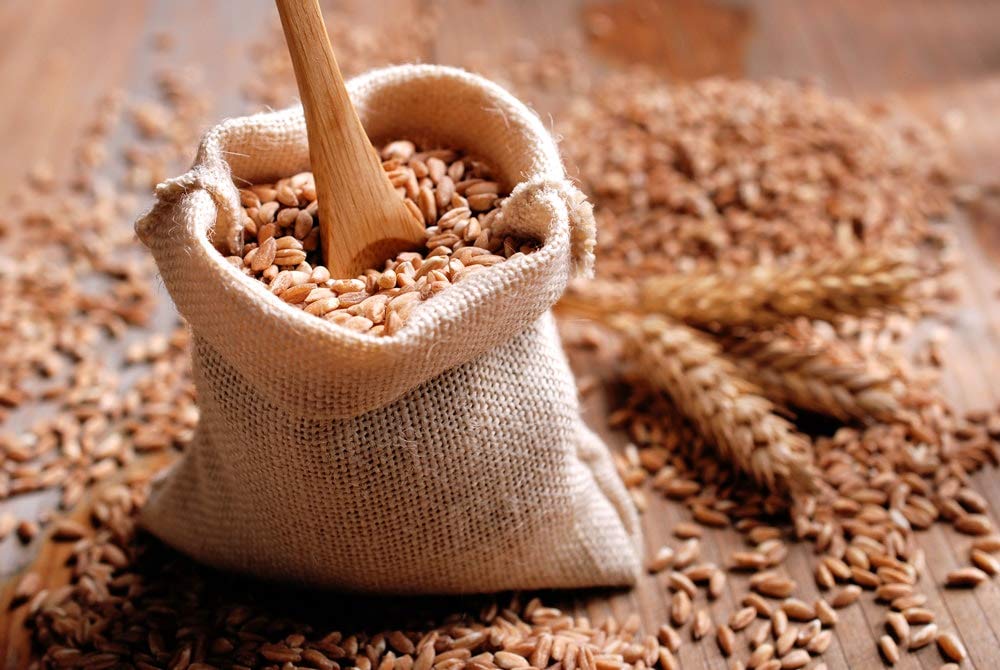You will not be allowed to compare more than 4 products at a time
View compareProduct Description
Delicious Rice Substitute: Use Organic Spelt Berries As A Substitute In Recipes That Need Rice Or Any Other Wholegrain. | Nutty Flavor: Organic Whole Spelt Berries Have A Naturally Rich Nutty Flavor That Will Complement And Transform Many Dishes. | Packed With Nutrients: Spelt Wheat Berries Contain Lots Of Fiber And Protein, As Well As B Vitamins. | Easy To Cook: You Can Cook Organic Spelt Berries In About An Hour After A Good Soak. Then, Use Them In Various Recipes, Including Salads And Stews. | Versatile Ingredient: Grind Organic Whole Spelt Berries Into Flour Or Use Them For Sprouting.
Frequently Asked Questions
- Q: What are Organic Spelt Berries and how can they be used in cooking? A: Organic Spelt Berries are whole grains that can be used as a nutritious substitute for rice in various recipes. They have a rich, nutty flavor and are packed with fiber, B vitamins, and plant protein, making them a versatile ingredient in salads, stews, and more.
- Q: How do I cook Organic Spelt Berries properly? A: To cook Organic Spelt Berries, soak them overnight for the best results. After soaking, use 2 cups of water for every 1 cup of berries for a chewier texture, or 3 cups for a softer grain. Bring to a boil, then simmer for 1 to 1.5 hours, seasoning with salt near the end.
- Q: Are Organic Spelt Berries gluten-free? A: No, Organic Spelt Berries are not gluten-free as they are a type of wheat. If you have gluten sensitivities or celiac disease, it is advised to avoid consuming spelt berries.
- Q: Can I grind Organic Spelt Berries into flour? A: Yes, you can grind Organic Spelt Berries into flour using a grain mill. This homemade spelt flour can be used in baking and cooking, providing a nutritious alternative to regular flour.
- Q: What makes Organic Spelt Berries a healthier choice compared to regular rice? A: Organic Spelt Berries are a healthier choice than regular rice because they are whole grains, containing more fiber, protein, and essential nutrients. They also require fewer chemicals to grow, making them a more sustainable and nutritious option.












